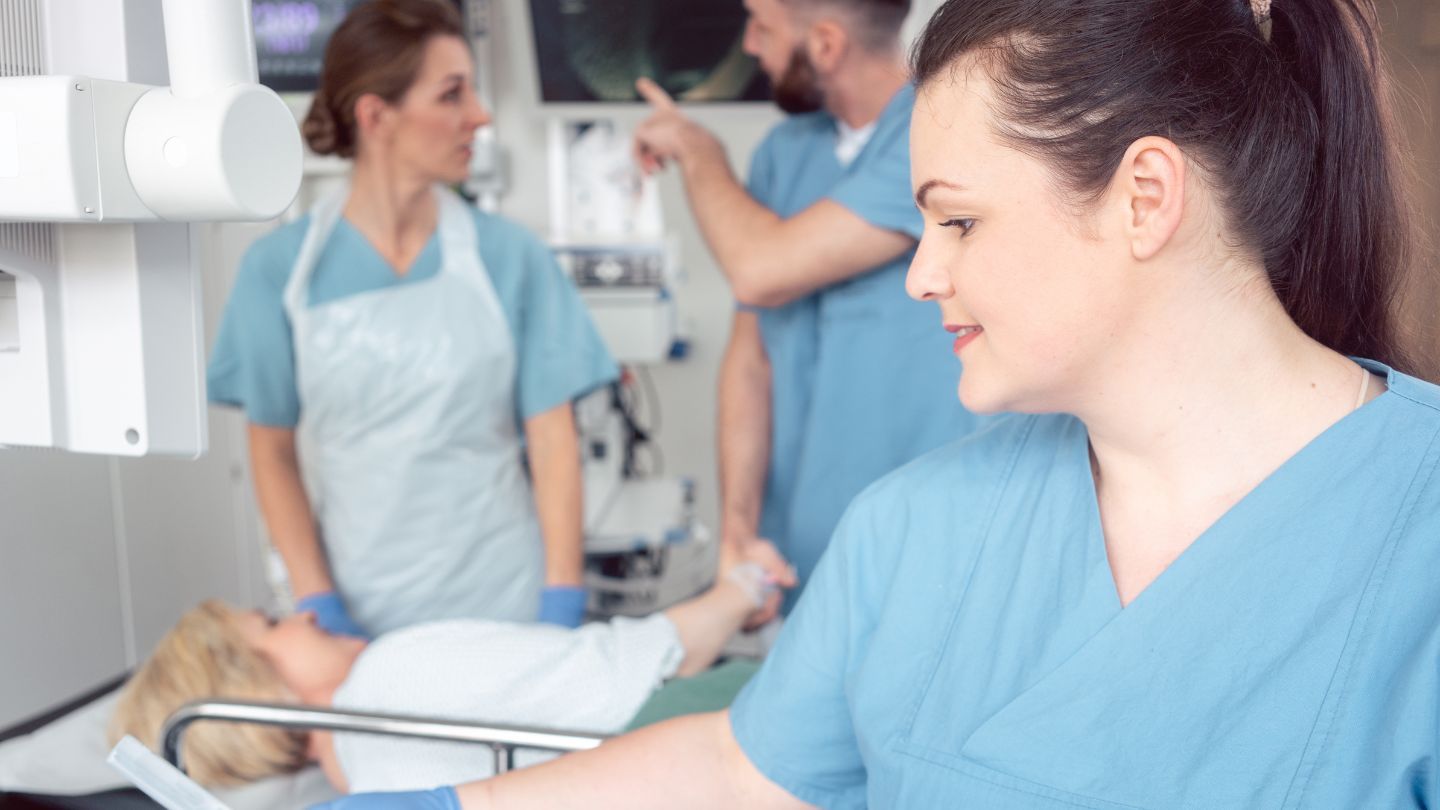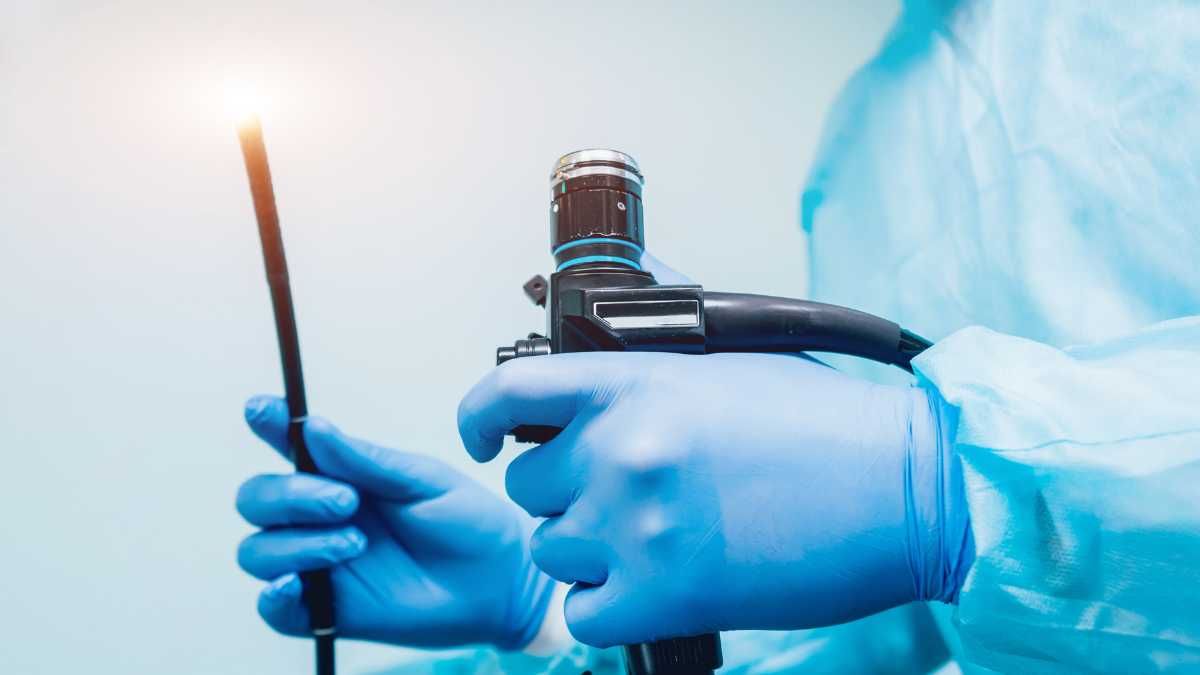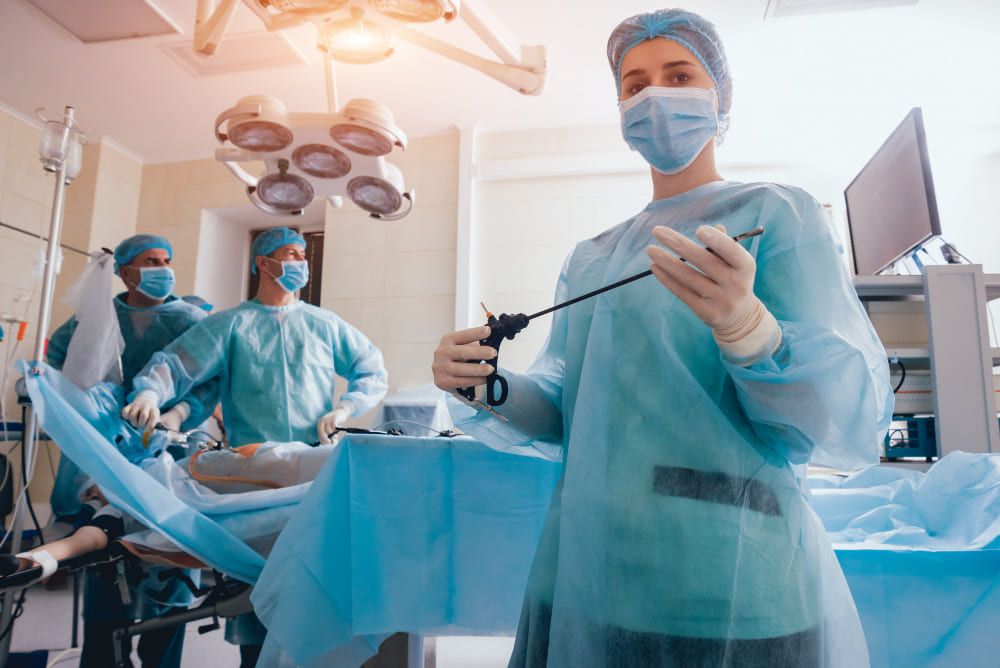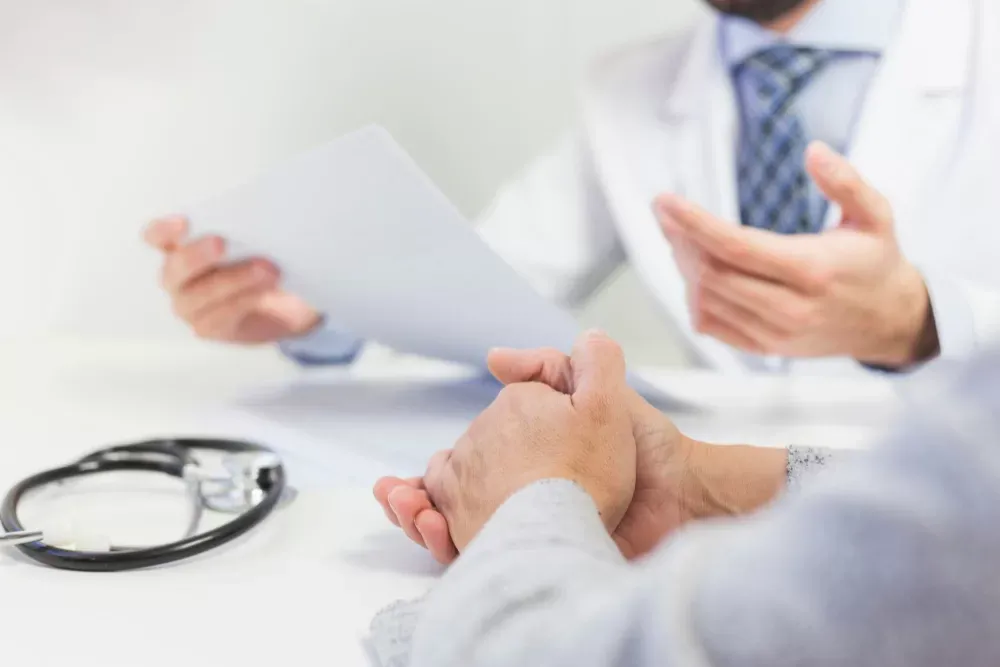Optimal Foods: What to Eat After Upper Endoscopy
After an upper endoscopy, it’s important to know what foods and drinks will support your recovery. Your digestive system needs time to adjust, so choosing gentle, easy-to-digest options is key. In this blog, we’ll walk you through the best post-procedure foods, from clear liquids to solid meals, to help you feel better faster. We’ll also cover tips to avoid discomfort and ensure your recovery stays on track. Whether it’s your first endoscopy or a routine procedure, this guide will make the process smoother for you.
Key Takeaways
- Patients must adhere to specific dietary guidelines, including fasting for at least six hours prior to the upper endoscopy, to ensure a safe procedure.
- Post-procedure, starting with clear liquids is essential for hydration and easing the digestive system back into function, followed by a gradual transition to soft and solid foods.
- Avoiding fried, spicy, fatty, and caffeinated foods after the procedure is crucial for optimal recovery, as these can cause discomfort and hinder the healing process.
Pre-Procedure Dietary Guidelines
Before your arrival at the medical facility for an upper endoscopy, it is crucial to adhere to certain dietary rules that aid in granting access to your digestive tract. It is advised that patients abstain from consuming food or beverages a minimum of six hours prior to the procedure. This fast helps guarantee that the stomach remains empty and minimizes potential complications during the endoscopic inspection.
Even more stringent measures will be adopted on the evening preceding your appointment. After midnight on the day scheduled for your procedure, you should avoid ingesting any solid or liquid nourishment. Transparent liquids such as water, clear broths, or unadulterated herbal teas may be drunk until four hours before undergoing endoscopy so as not to compromise hydration levels. Diligently observing these pre-procedural directives mitigates risks and contributes positively toward achieving a smooth examination process.
While following this restrictive nutritional protocol might seem daunting initially, its significance cannot be overstated when preparing your digestive system for scrutiny through endoscopy. Complying with these guidelines furnished by health professionals plays an instrumental role in effectuating both a thorough evaluation and ensuring patient safety throughout the course of this investigative procedure.
Immediate Post-Endoscopy Diet: Clear Liquids

Post-upper endoscopy, the main focus is to rehydrate and slowly reintroduce substances into your digestive tract. Consuming clear liquids right after the procedure facilitates both hydration and digestion. These fluids are particularly gentle on both the esophagus and stomach, aiding them in returning to their regular functioning.
Options for these recommended clear liquids include water, transparent broths, pulp-free fruit juices, gelatin desserts, and herbal infusions such as chamomile or peppermint tea. Not only do they provide essential hydration, but they are also gentle enough to ensure that your stomach tolerates them without additional strain. Taking small sips of water can help avert feelings of nausea while soothing any potential irritation within the esophagus.
The importance of this phase extends beyond simple rehydration. It’s crucial to allow your digestive system ample time to recuperate properly. Initially adhering strictly to clear liquids before progressing onto more solid foods later on ensures a smoother dietary transition post-endoscopy, which aids in achieving a comfortable and efficient healing period.
Transitioning to Soft and Easily Digestible Foods

As your digestive tract heals, you should begin incorporating soft and easily digestible foods into your diet. This approach reduces any unease while allowing your digestive system to adjust to progressively more complex foods. Initially, consume a diet consisting of gentle items such as yogurt and smoothies that can facilitate digestion following the endoscopy.
Ripe bananas serve as another ideal choice due to their soft texture and digestibility. As the gastrointestinal functionality continues to restore, include semi-liquid options like steamed eggs and supple tofu in meals. It is crucial that these bland foods remain simple for digestion and soothing for the stomach.
Easing from liquid diets through semi-liquid stages towards solid food choices helps lessen discomfort during this transitionary period. Begin with sources of protein that are easy to digest, like ground meats or tender fish cuts, for nutritional benefits without overwhelming your system’s recuperation efforts. Adding probiotics might also aid gut health throughout recovery.
Proceeding gradually with these dietary adjustments not only avoids unnecessary distress but ensures a seamless return to full digestive capacity. The intent here is ultimately about reintroducing normal function within the alimentary canal gently—without imposing stress or irritation on it.
Introducing Solid Foods

After your digestive system has successfully handled soft and easily digestible foods, the introduction of solid foods marks a crucial step towards recovery and restoring your usual eating habits. Following an endoscopy, you should ease into this phase with gentle choices like yogurt and mashed potatoes that offer nutrition while being kind to your stomach.
As you grow accustomed to these food options, cautiously add bland solids back into your meals to avoid overburdening your digestion. Post-procedure, it’s advisable to consume small portions during mealtimes. By doing so, you help prevent putting unnecessary strain on the digestive system, which might lead to increased discomfort if larger quantities are consumed.
With an increase in appetite signaling improvement, incorporate sources of protein such as chicken or fish into what you eat. These selections provide vital nutrients yet are considerate towards easing back into regular eating patterns without imposing too much pressure on the stomach — supporting a well-balanced progression toward resuming a normal diet.
Foods to Avoid for Optimal Recovery
Understanding the appropriate dietary choices post-procedure is as crucial as knowing what you should consume for recovery. To promote proper healing, it’s essential to refrain from certain foods that can impede your progress. The digestion of fried foods is often challenging and may cause issues such as bloating. Likewise, fatty foods are known to slow down the emptying process of the stomach.
The consumption of alcohol can aggravate the digestive tract, leading to symptoms like abdominal pain. Its avoidance is recommended. Spicy, greasy, and acidic foods should be eliminated from your diet temporarily after an endoscopy in order to prevent Irritation of the digestive system. Post-procedure care also includes steering clear from caffeine drinks, which could potentially irritate your stomach lining.
Abstaining from alcohol and caffeine for a minimum duration of 24 hours following an endoscopy minimizes risks related to Irritation within your digestive system. Making informed food selections post-endoscopy plays a pivotal role in mitigating discomfort while aiding recovery along with mending processes within one’s digestive tract—abiding by these guidelines increases the likelihood of achieving swift recuperation without additional complications or undue distress.
Tips for Smooth Recovery

To promote a smooth recuperation following your upper endoscopy EGD, adhering to several practical pieces of advice and dietary recommendations can be beneficial. Ensuring adequate fluid intake is essential for preventing dehydration and aiding the body in eliminating any gas that was introduced during the procedure. It’s also key to keep an eye on minor symptoms such as bloating or a sore throat, which are expected but usually subside within 24 hours.
Should you encounter significant trouble swallowing or if pain in the throat intensifies after the procedure, it’s imperative to seek medical attention promptly. The appearance of black or tarry stools post-endoscopy necessitates immediate contact with your healthcare provider. Developing a high fever following an endoscopy signifies a need to consult with your doctor without delay.
After undergoing an upper endoscopy, rest is paramount due to lingering effects from sedation potentially lasting several hours. Introducing mild physical activities into your routine—such as taking brief strolls—can improve circulation and contribute positively towards recovery. If acid reflux presents itself during the procedure, sleeping with your head raised may alleviate those sensations. Avoiding caffeine will also help reduce Irritation within the gastrointestinal system.
By observing these guidelines, you can foster enhanced healing following an upper endoscopic examination and more swiftly resume everyday routines along with typical eating habits.
When to Contact Your Doctor
It is crucial to keep a vigilant watch for any abnormal signs following an upper endoscopy. Should you experience atypical pain, elevated temperature, hemorrhaging, or ongoing nausea, it is imperative to get in touch with your healthcare professional immediately. Experiencing discomfort while eating after the procedure is also a serious indication that necessitates reaching out to your doctor.
Should you encounter increased difficulty when swallowing or if there’s an escalation in soreness within the throat after undergoing this medical procedure, seek medical advice without delay. Your healthcare provider should be made aware of any issues during recovery. Never hesitate to discuss these concerns.
By attentively monitoring post-endoscopy symptoms and communicating with your physician as needed, you help ensure that potential complications are dealt with swiftly and efficiently. This proactive approach plays a vital role in promoting a more secure and effective healing period.
Wrapping Up: Steps to a Seamless Recovery
Eating the right foods after your upper endoscopy is essential for a comfortable and speedy recovery. Gradually transitioning from liquids to solid foods and avoiding certain items can significantly reduce discomfort and support healing. Following these dietary guidelines ensures your body recuperates effectively without unnecessary stress.
If you’re preparing for or recovering from an upper endoscopy in Baltimore, we’re here to support you every step of the way. At Ascension Saint Agnes Bariatric Surgery, our team is dedicated to providing expert guidance and personalized care to help you achieve the best outcomes. Start your health journey with us today, and let’s make recovery simple and effective!
Frequently Asked Questions
What should I eat immediately after an upper endoscopy?
It is advisable to begin with clear liquids such as water, clear broth, and herbal teas after an upper endoscopy to aid in hydration and digestion. This approach ensures a gentle reintroduction of food into your system.
When can I start eating solid foods after the procedure?
After the procedure, you may gently introduce solid foods into your diet, starting with soft and easily digestible items such as yogurt and mashed potatoes. As your appetite gets better, you can then move on to lighter meals.
What foods should I avoid post-endoscopy?
It is advisable to avoid fried, fatty, spicy, and acidic foods, along with alcohol and caffeine, after an endoscopy to prevent Irritation and discomfort. Prioritizing gentle, bland foods will help promote a smoother recovery.
How can I ensure a smooth recovery after an upper endoscopy?
To ensure a smooth recovery after an upper endoscopy, stay hydrated, monitor your symptoms, and prioritize rest while engaging in light physical activity. Additionally, avoid caffeine during your recovery period.




